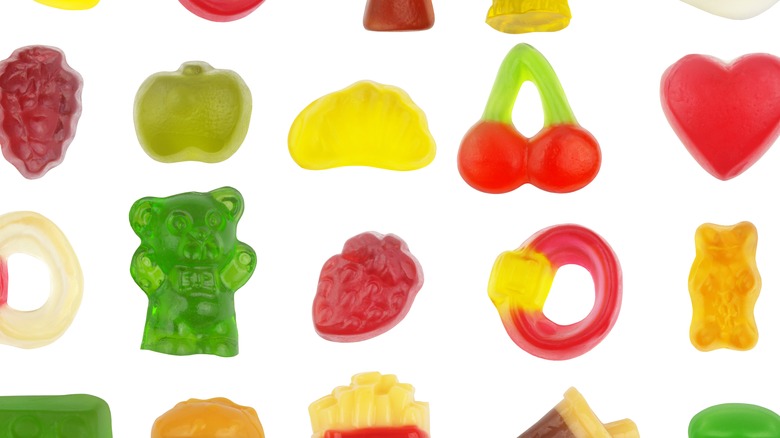California Just Banned The Use Of 4 Harmful Chemicals In Food
On October 7, Governor Gavin Newsom signed the California Food Safety Act, a new law that bans four harmful additives found in processed foods. Authored by Assemblymember Jesse Gabriel (D-Woodland Hills) and backed by The Environmental Working Group and Consumer Reports, the law is set to remove propylparaben, brominated vegetable oil, potassium bromate, and Red Dye No. 3 from the shelves of California grocery stores by 2027.
The European Union already bans all four chemicals, with certain exceptions for Red Dye No. 3. Several popular fast-food chains, including Papa John's Pizza, Dunkin Donuts, and Panera, and major soft drink manufacturers like Pepsi, Coke, and Gatorade, have already stopped using the additives, too.
This is the first time a state has banned food additives that the Food and Drug Administration allows, and the law will likely trigger nationwide change. Manufacturers will have to change their recipes if they want to keep selling their products in California, and the bill is inspiring a broader push for regulations. In New York, legislators are considering a bill that would ban the same four additives, with titanium dioxide — a color additive and potential carcinogen — added to the list. Several major health and safety organizations, including the Environmental Working Group, are petitioning the FDA to ban titanium dioxide and Red Dye No. 3.
Why are these additives dangerous?
According to Consumer Reports, the common candy and drink additive, Red Dye No. 3, has been linked to cancer in animals and may cause behavioral issues in children. Though the FDA banned it from cosmetics in 1990, it is still also found in ketchup, barbecue sauce, and even meat. Like Red Dye No. 3, potassium bromate may also be linked to cancer. The World Health Organization considers potassium bromate (an ingredient often used to improve the texture of processed bread products) to be a potential carcinogen as well.
Propylparaben, a preservative used in both food and cosmetics, has been linked to reproductive issues. In 2013, a study published in Environmental Health Perspectives found that consumption of the ingredient was associated with decreased ovarian reserves in women, and has also been linked to reproductive issues in male rats. The last of the four, brominated vegetable oil, is used in sodas, especially ones with citrus flavoring. According to Scientific American, the chemical can build up in the body over time and may cause reproductive issues and heart problems. However, the days of finding BVO on grocery store shelves are likely numbered, as the FDA is already working to ban it from food products.
To health and safety advocates, the new law is a big step — but there's more to be done. The Environmental Working Group lists the common "dirty dozen" additives with potentially harmful effects, and critics say that the United States lags behind many other countries in terms of food safety.

